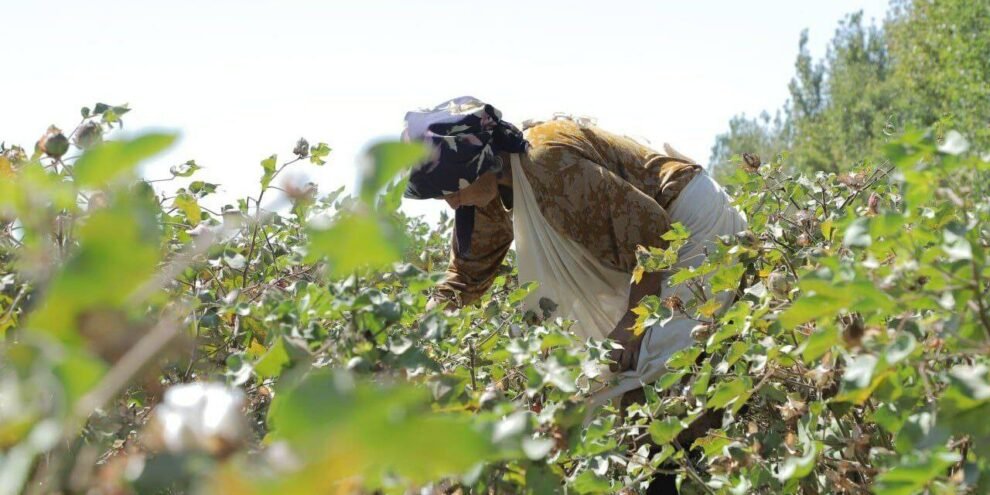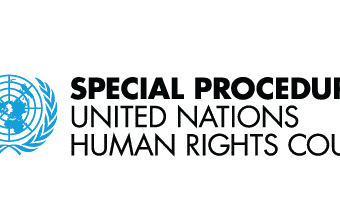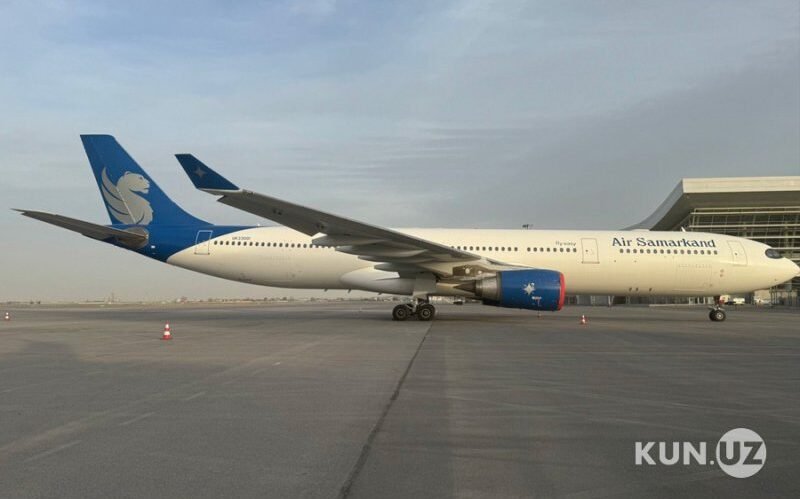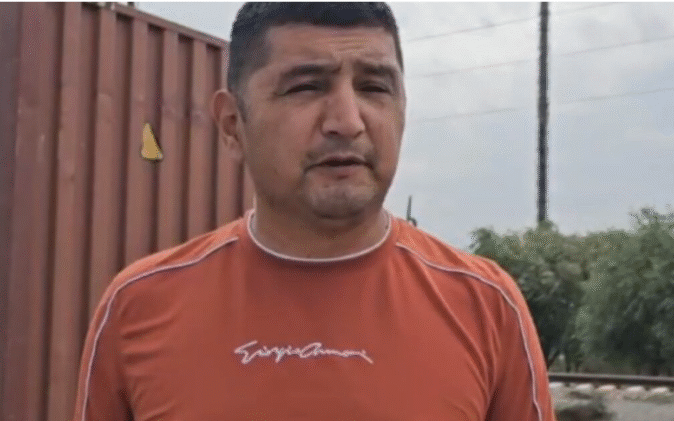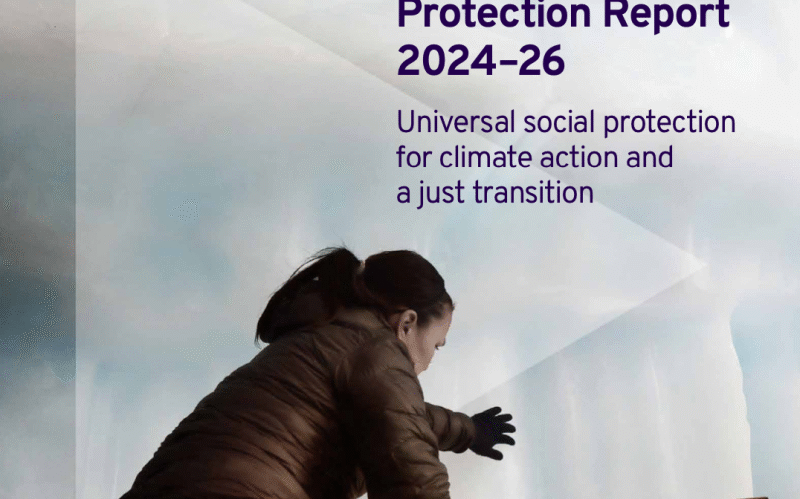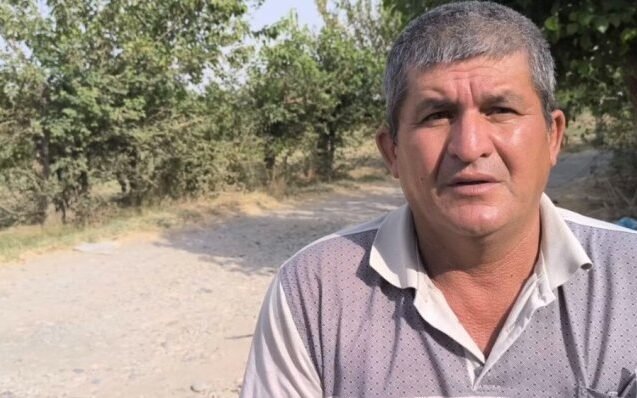Uzbekistan: WILL UZBEKISTAN FINALLY SOLVE THE PROBLEM OF FORCED LABOR THROUGH MECHANIZATION
Isolated cases of forced labor point to deeper structural contradictions in how cotton production in Uzbekistan is still managed. Uzbekistan has spent the last decade working to reform its notorious cotton sector, which once relied on one of the world’s largest state-run systems of forced labor. But as the 2025 cotton harvest showed, the state’s…
